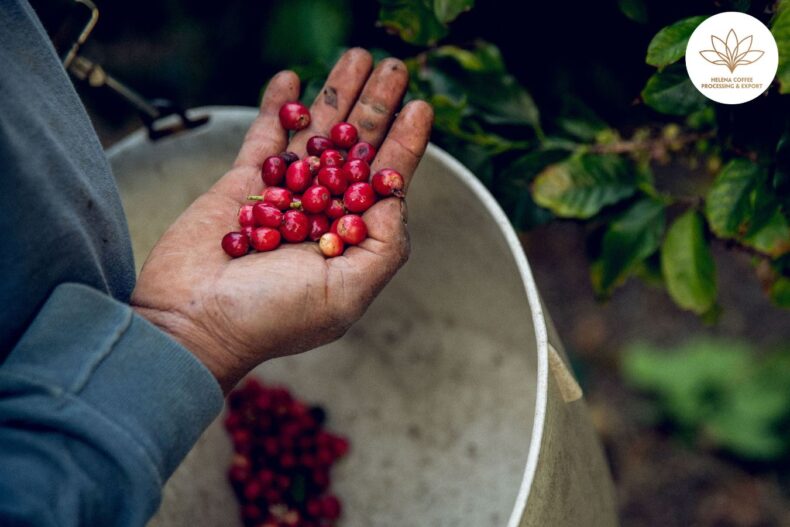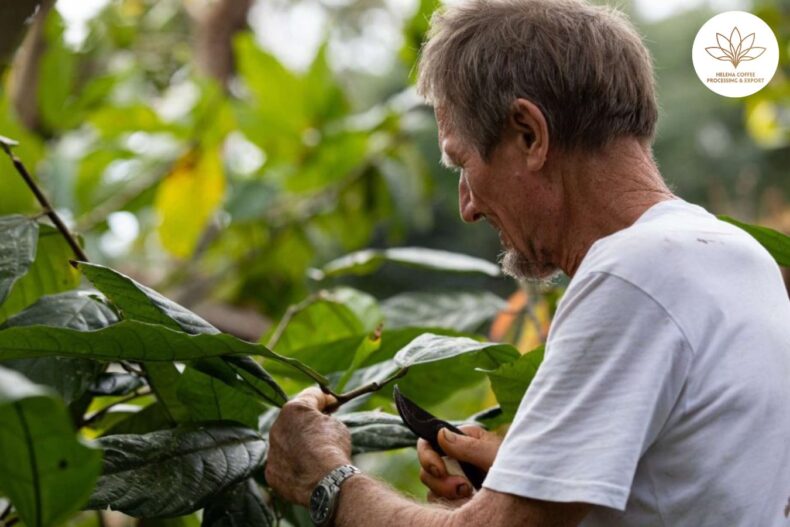
Capital Timing Affects Coffee Farmers: Capital and financial access play crucial roles in the success of coffee farmers, much like they do for any agricultural venture. The importance of timely access to capital is magnified given that many producers have endured financial hardships for extended periods. Capital Timing Affects Coffee Farmers: Coffee, being a crop harvested annually, means producers typically receive a single payment each year upon selling their crop. This payment model introduces significant financial uncertainty for some farmers, complicating their ability to plan for the upcoming year.
Capital Timing Affects Coffee Farmers:To delve deeper into how the timing of capital affects coffee producers and the broader implications of this financial dynamic, I engaged with four experts in the industry. Continue reading to discover their valuable perspectives.
Defining capital
At its core, “capital” refers to the accumulation of cash or financial resources owned by either an individual or a business. These resources are essential for day-to-day operations and for facilitating the growth and expansion of the business.
Capital Timing Affects Coffee Farmers: Consider a coffee farm, which operates much like any business through the sale of its products. Through these sales, coffee producers aim to generate profits, which then serve as a foundation for reinvestment into their operations. This reinvestment strategy can include a variety of actions, such as:
- Upgrading old coffee plants to newer ones
- Introducing varieties of coffee plants that are more resistant to diseases
- Maintenance or replacement of outdated equipment and machinery
- Development of irrigation systems for optimal water usage
- Acquisition of innovative fertilizers to boost crop yield
Capital Timing Affects Coffee Farmers: The financial well-being and ability of coffee farmers to reinvest in their operations significantly hinge on the profitability of their harvests. But, the question arises: how do these farmers go about receiving their payments and managing their capital efficiently?


